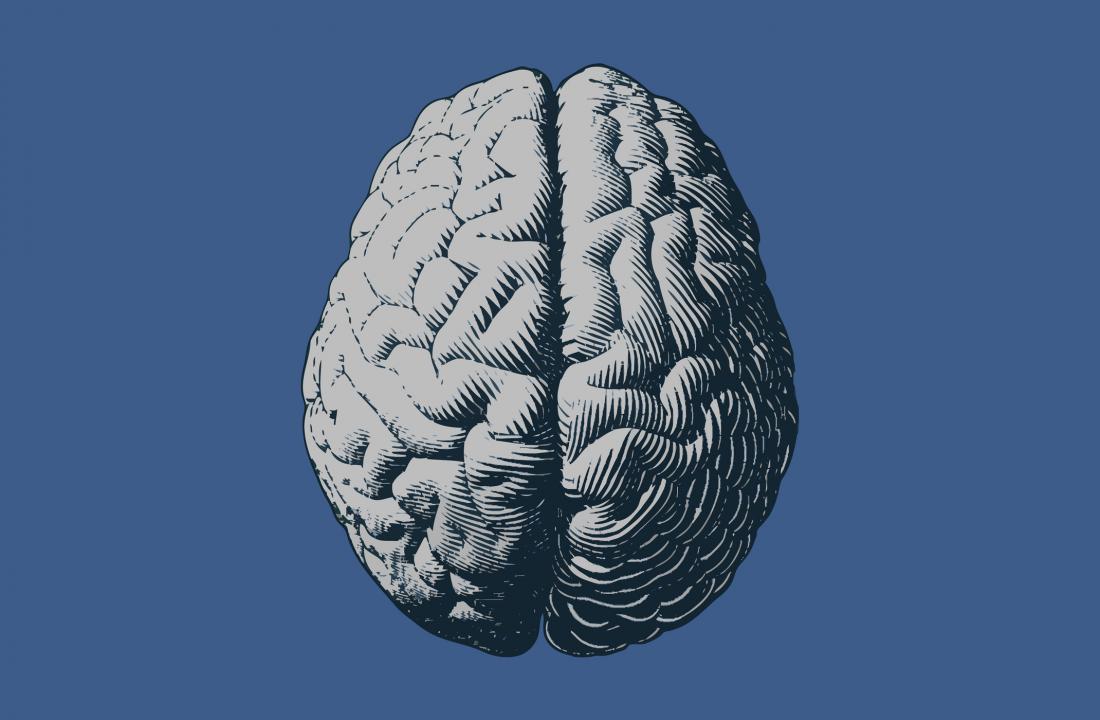Researchers at the University of Illinois tested a new compound in rodents with Alzheimer’s disease and found it profoundly decreased the number of amyloid plaques in the brain. The compound also led to reduced neuroinflammation.
Alzheimer’s disease is one of the most prevalent conditions affecting older adults, with a total diagnosis count in the U.S. close to 6 million, as of 2020.
Published in the peer-reviewed journal ACS Chemical Neuroscience, the study focused on amyloid-beta metal-induced oxidative stress, the accumulation of tau protein, and inflammation in the brain, to identify how they each may affect the onset of neurodegenerative diseases.
Although it is not known the mechanisms that hypothetically result in the onset of neurodegeneration, inhibiting the formation of amyloid plaques has been the subject of vigorous research in past studies. Metal ions are also thought to be a contributing factor in neurodegeneration.
Metal ions bind with the beta-amyloid peptide and are associated with neuroinflammation and damaging oxidative stress among patients with dementia.
In the findings, researchers say they tested a mouse model of Alzheimer’s with a new compound known as L1. The results showed a reduction of amyloid plaques and inflammation in the brain, all characteristic of neurodegeneration.
“When tested in brain cells and in a mouse model of Alzheimer’s disease, a new compound significantly reduced the number of amyloid plaques in the brain, lessened brain inflammation and diminished other molecular markers of the disease,” a U.O.I. news report concluded.


